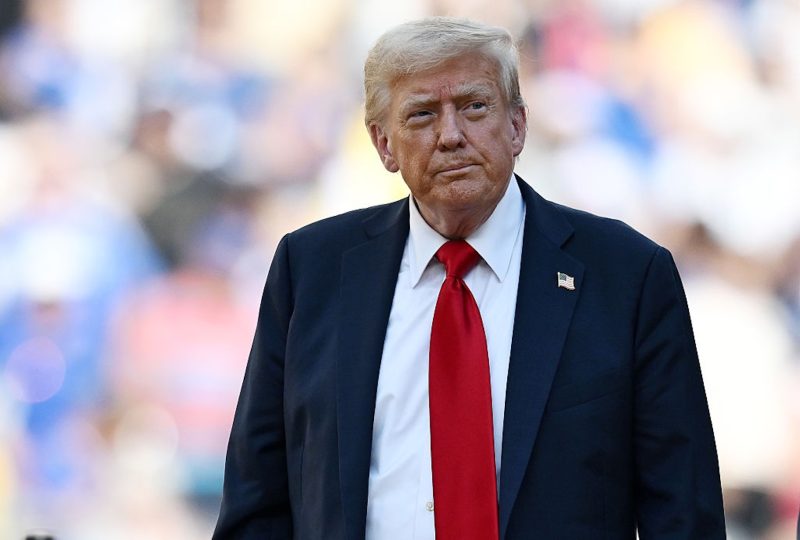
In a functioning democracy, public opinion serves as a crucial compass for elected officials. When policies prove unpopular, leaders typically adjust their approach. However, President Donald Trump’s response to his significantly declining approval ratings presents a stark exception to this norm.
Recent polls reveal a dramatic drop in President Trump’s popularity. The Economist/YouGov poll, for instance, shows a mere 41% approval rating, with 55% disapproving – a record low for his second term. This disapproval extends across various key issues, including the economy, foreign policy, and immigration.
Other surveys paint a similarly bleak picture, highlighting widespread concern over the administration’s actions regarding the rule of law, constitutional principles, and civil rights. Even Trump’s gains among Latino voters during the 2024 election have significantly eroded, suggesting a broader loss of support across diverse demographics.
Historically, presidents facing such declines have adapted their strategies. Barack Obama, Bill Clinton, and even Ronald Reagan all made significant course corrections in response to falling approval ratings. Trump, however, stands apart. Instead of adjusting his policies, he appears to be doubling down, escalating unpopular measures.
This unwavering stance stems from Trump’s self-perception as an infallible leader, a belief seemingly reinforced by his near-fatal experience in 2024. His perceived divine purpose and unwavering belief in his own infallibility prevent him from considering alternative approaches.
Trump’s resistance to changing course reflects a broader trend within the American right. An anti-majoritarian strategy, characterized by voter suppression, gerrymandering, and the circumvention of public will through legal maneuvers, fuels this resistance. This approach even appears to tolerate political violence, as evidenced by recent events.
The ideal of a responsive democracy is continually challenged by the realities of its practice. The U.S. has a history of excluding significant portions of its population from full participation. Trump’s actions now challenge the fundamental expectation that elected officials respond to public opinion, openly demonstrating contempt for the will of the American people.
This disregard for public opinion has prompted widespread concern and debate about the health of American democracy. Experts like Garry Kasparov highlight the difficulty in understanding authoritarian tactics, emphasizing the need for a broader vocabulary to address such challenges.
Trump’s response to his declining popularity isn’t recalibration; it’s the embrace of a dangerous logic suggesting that any election he loses is illegitimate. This represents a retreat to a far less inclusive vision of American democracy, implying that only the votes of his supporters, predominantly white, right-wing Christians, hold any true value.
It’s crucial to recognize that autocrats don’t completely ignore public opinion. They manipulate it through propaganda, disinformation, and the creation of conspiracy theories. Trump employs these tactics to maintain a veneer of legitimacy while pushing his agenda.
Trump’s strategy often involves a calculated retreat when faced with strong opposition, followed by a regrouping and pursuit of his goals through alternative means. He also frequently employs diversionary tactics, as seen in his recent attacks on Barack Obama, Hillary Clinton, and attempts to deflect attention from the Epstein case.
Despite his plummeting approval ratings, Trump maintains a solid base of support among his followers, ensuring a certain level of political viability. His consistent 80%+ support from the Republican base provides a crucial foundation, limiting the impact of his declining overall approval.
Ultimately, Trump views himself as above accountability to the democratic process. He sees himself as the ultimate authority, answerable only to his own judgment, and seemingly unmoved by the opinions and desires of the majority of Americans. This disregard for democratic norms raises serious questions about the future of American democracy and the limits of public opinion in holding a president accountable.










